Let our Faculty Fellows’ pilot programs inform your teaching for the fall and beyond
We’re thrilled to share the pilot projects and key takeaways of our inaugural cohort of Unstoppable Voters Faculty Fellows! This diverse group of nine exceptional faculty members from across the nation received specialized training in artistic activism and strategies for infusing creativity into voting initiatives on their campuses.
Using our library of pro-voter artistic activism resources, these Faculty Fellows spent the spring 2024 semester piloting innovative civic engagement lessons and activities with their students.
The experience? Eye-opening, noteworthy, and impactful! From setting SMARTIE objectives to creating spaces for honest dialogue, these Fellows have unlocked powerful strategies for engaging students in this crucial election year.
15 Takeaways
- Create a space for civic engagement and watch students step up. Students do want to be engaged.
- Identify yourself as a professor that students can come to for help.
- Create spaces where students can safely question and challenge ideas.
- Demystify activism with SMARTIE objectives: a game-changer for turning awareness into action.
- Connect the dots: link voting to the issues close to students’ hearts.
- Adopt community guidelines and post them in the classroom.
- Get practical: teach students to address problems with meaningful and creative tactics.
- Work practically rather than theoretically: prototyping and iterating encourages students to get involved and test ideas in the real world.
- Start early: introduce political activism lessons sooner for a more engaged classroom. This allows students to feel more comfortable asking questions and discussing political issues.
- Community power: team up with local groups who care about the student vote and offer beneficial resources.
- Listen up: practice deep listening to truly hear students’ stories and support them.
- Be flexible and empower students to take a stand, knowing you’ve got their back.
- Lead by example: model civic engagement through your own work.
- Creative civic engagement is not just for the arts: help students to learn and engage as citizens and advocates, no matter the course discipline.
- Emphasize the importance of crafting entire experiences to leave a lasting impact.
Daniella Mascarenhas – XAVIER UNIVERSITY of Louisiana
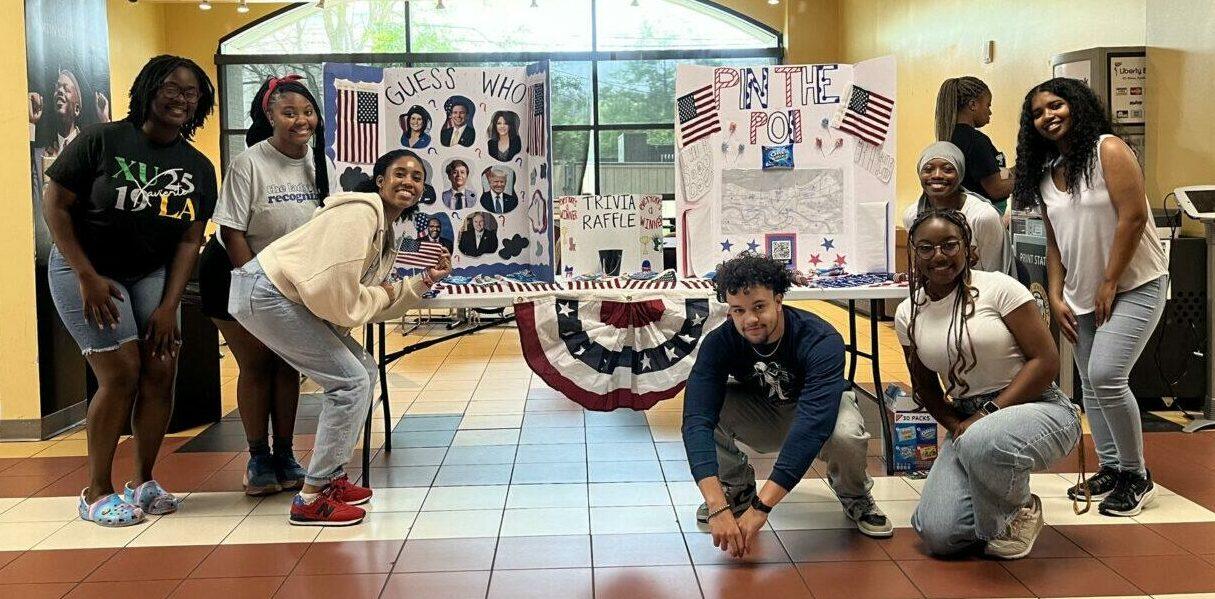
“The Political Party at Xavier University of Louisiana”

Daniella Mascarenhas
Postion: Assistant Professor of Political Science
Institution: Xavier University of Louisiana
Course: Introduction to American Government
Daniella (she/they) seamlessly integrated creative engagement into regular civics coursework. For example, she gave students an assignment to prototype an artistic action addressing controversial issues and salient topics. These ideas were inspired by studying the structure and function of the legislative, executive, and judicial branches of government.
But Daniella didn’t stop there. As an advisor for the Government and Politics Association Society (GPAS), they brought voting to the forefront of student life. Using Center for Artistic Activism materials as a point of inspiration, GPAS hosted a pop-up “political party,” complete with voting-related games, voter registration, and education resources. It was a fun and powerful celebration of democracy!
This dynamic approach to teaching and student engagement is exactly what we aim to inspire with our Faculty Fellows program.
D.T. Burns – Point Park University

D.T. Burns
Postion: Professor of Theatre
Institution: Point Park University
Courses: Playwriting 2, Intro to Performance Studies, and Devised Theatre 2
D.T. (they/he) infused theater courses at Point Park University with dynamic lessons on artistic activism and civic engagement.
In Playwriting 2, D.T. incorporated a week on theatrical works that included direct calls to action and civic engagement. Students then crafted short plays inspired by the Neofuturists’ 46 Plays for 46 Presidents. Building upon these works, they took on a creative challenge: writing scripts that led to direct political engagement without overtly naming the issue.
For Intro to Performance Studies, students worked in small groups designing and proposing new artistic interventions focused on local voter registration efforts. In addition, the students had the option to pursue artistic activism topics for their final paper and performance project.
In Devised Theatre 2, students practiced creating tactics for public engagement in the upcoming election through performance. This culminated in creating plans for a multi-faceted, immersive Wizard of Oz event in downtown Pittsburgh.
“As a whole, the [Center for Artistic Activism] curriculum resonated with students and created an uptick in discussion around politics and activism in the classroom, as well as inspiring a number of projects that directly and indirectly incorporate the lessons learned.”
– D.T. Burns
Susan L. Smith – University of Maine
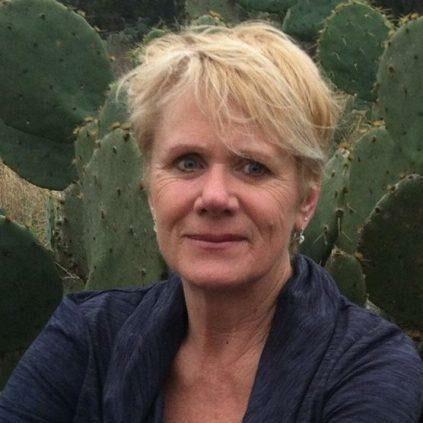
Susan L. Smith
Postion: Associate Professor of Research, Department of Art and Graduate Coordinator, Intermedia Graduate Programs
Institution: University of Maine
Courses: Social Practice and Feminist Theory/Practice
Using the Center for Artistic Activism curriculum library, SMARTIE objective framework, and Unleashing Unstoppable Voters toolkit, Susan (she/her) redefined her classes by emphasizing students’ roles as artists and cultural producers.
She transformed the classroom into a participatory space with a circle of chairs instead of the typical, long, “patriarchal” conference room with a “head” of the table and separation of students. This simple move made huge improvements in student interaction, deepened discussions, reduced tech distractions, and fostered stronger relationships.
Susan’s students made final projects around ideas of intersectionality coupled with a suffrage march through an arts district, a community printmaking project, and a dialogue cafe. They tackled tough topics such as differences in generational beliefs, fear of taking a stand, bodily autonomy, and feelings of apathy, discussing how to turn these issues into art that engages communities.
Utilizing the toolkit and SMARTIE framework, students conducted mini-actions and analyzed their projects. The highlight was creating a voter registration center and street art/projection, a project that was incredibly successful and remains ongoing!
“This opportunity has been so important… The resources you all provide and the interaction with other faculty have been supportive at a time when I know this could not be more necessary.”
– Susan L Smith
Brittney S. Harris – Old Dominion University
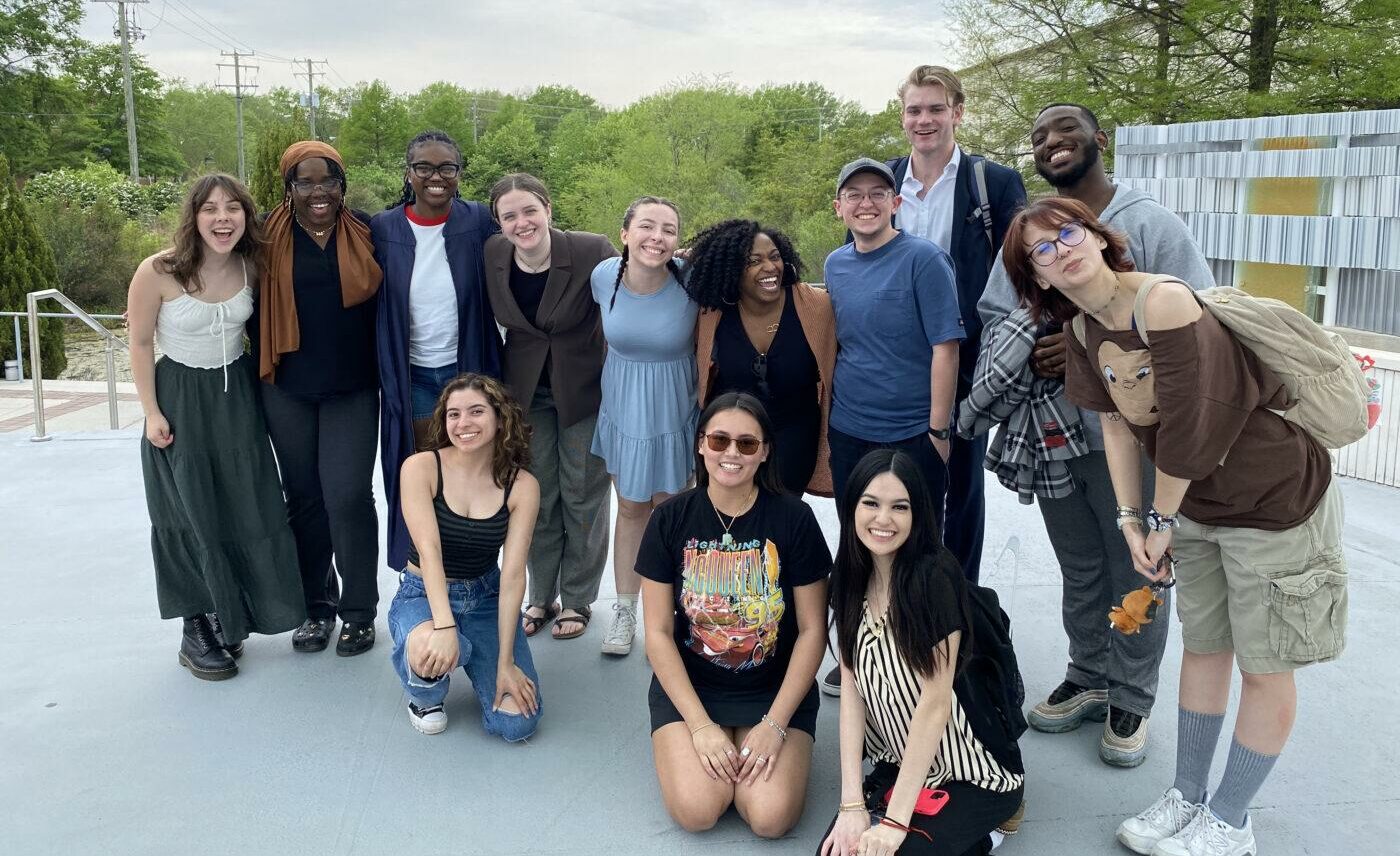
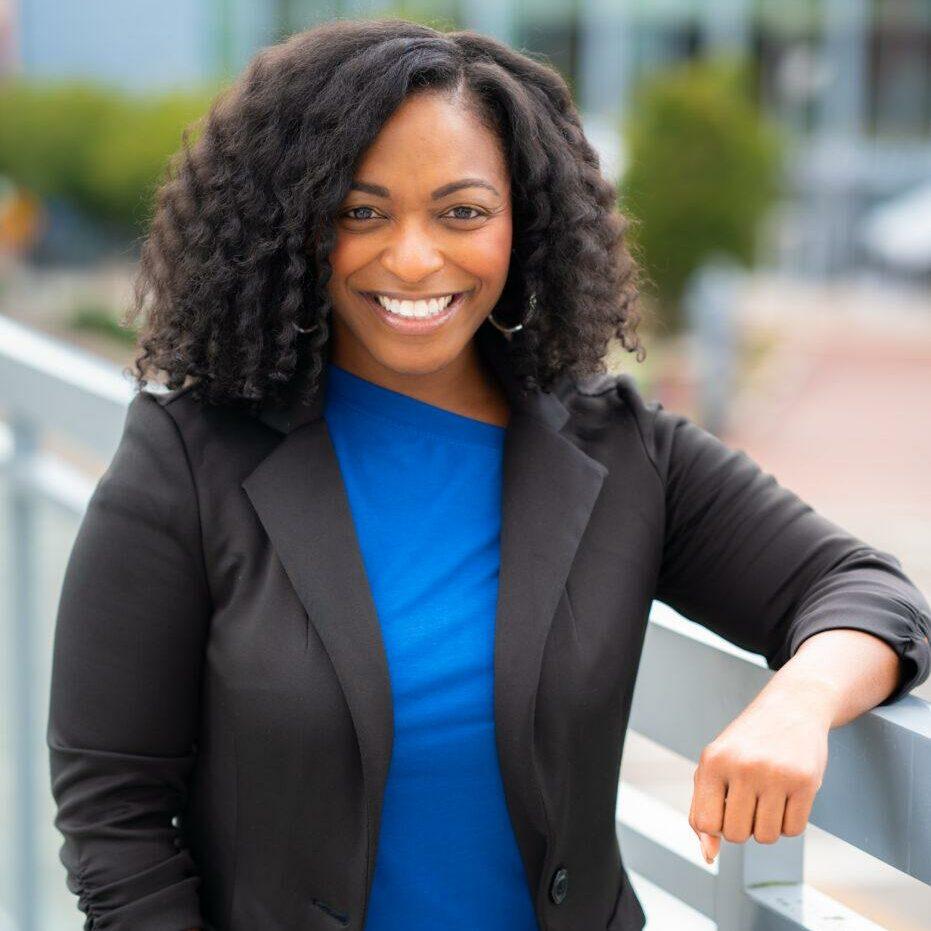
Brittney S. Harris
Postion: Assistant Professor of Theatre Performance and Community Engagement
Institution: Old Dominion University
Course: THEA 352: Acting Three (special topic/unit: Comm, Performance, & Activism)
Alongside her students, Brittney (she/her) launched Amplify the Poll! – an interdisciplinary collaboration with the Old Dominion University Theatre and Arts Education programs. They explored Augusto Boal’s Theatre of the Oppressed techniques to promote civil dialogue in support of implementing creative, pro-voter campaigns. Brittney emphasized communication, performance as activism, and narrative-based storytelling throughout the course. Students reflected on their relationship to voting and participated in collaborative activities, like image theatre work with embodiment of the emotional toll of the election season.
Their efforts culminated in a 60-minute public workshop where participants embodied the theme “freedom of voting and the power of choice.” This exploration aimed to show that performative expression is for everyone, not “just for actors,” and is an opportunity to ground and encourage ourselves in the basic gifts of the present.
Photo above: Brittney and her Theatre Performance students. Photo Credit: H. Clehr.
Kim Beck – Carnegie Mellon University
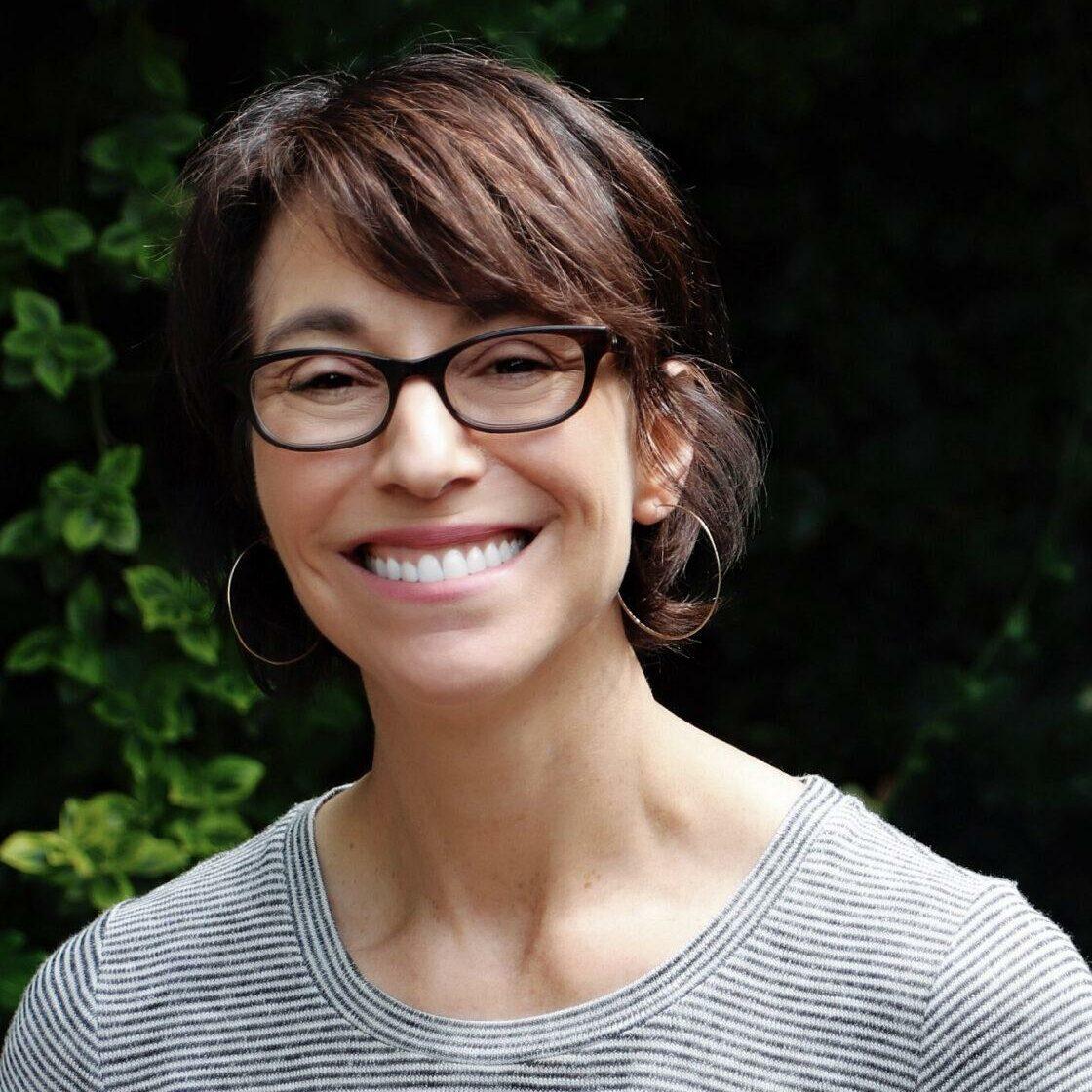
Kim Beck
Position: Associate Professor of Art
Institution: Carnegie Mellon University
Course: Wanderlust: Art and Nature
In her critical studies class, Kim (she/her) launched a pilot project where small teams of students created speculative environmental art installations and interventions. Despite a tight three-week timeframe, students thrived in the collaborative process. This project, along with a more extensive one at semester’s end, challenged students to design a curatorial project centered on ecology and environmentalism. Both initiatives inspired students to see themselves as politically engaged artist-citizens.
Margit Berman – Augsburg University
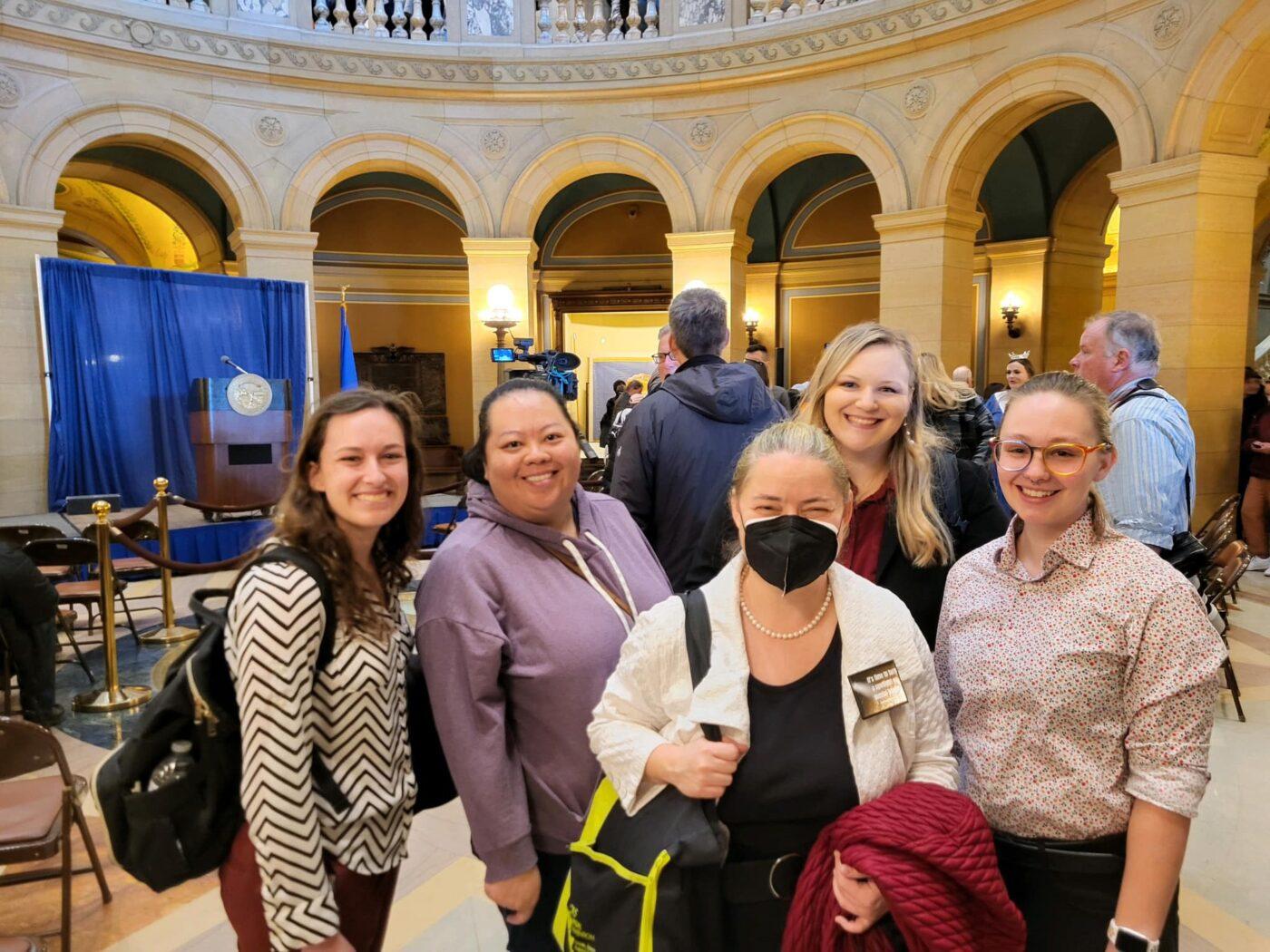

Margit Berman
Position: Associate Professor of Clinical Psychology
Institution: Augsburg University
Course: Social Justice Advocacy for Psychologists
Margit’s (they/she) artistic activism lessons featured two key components:
A) A one-week unit mid-course on art and creativity in activism and advocacy, and
B) Continuous teaching of the creative process, building campaigns with goals, SMARTIE objectives, strategies, and tactics, using the Center for Artistic Activism curriculum library.
The course emphasized learning-by-doing — applying best practices to advocacy, particularly on psychologists’ student loan debt and other student-relevant issues.
At the end of the semester, a student of Margit’s shared, “I realize that I have more power than I initially thought and I want to continue wielding that power. Voting should be a springboard to advocacy!”
Photo above: Margit and their students at the Minnesota State Capitol for Mental Health Day on the Hill
Abby Galvin & Gregory Sale – Arizona State University

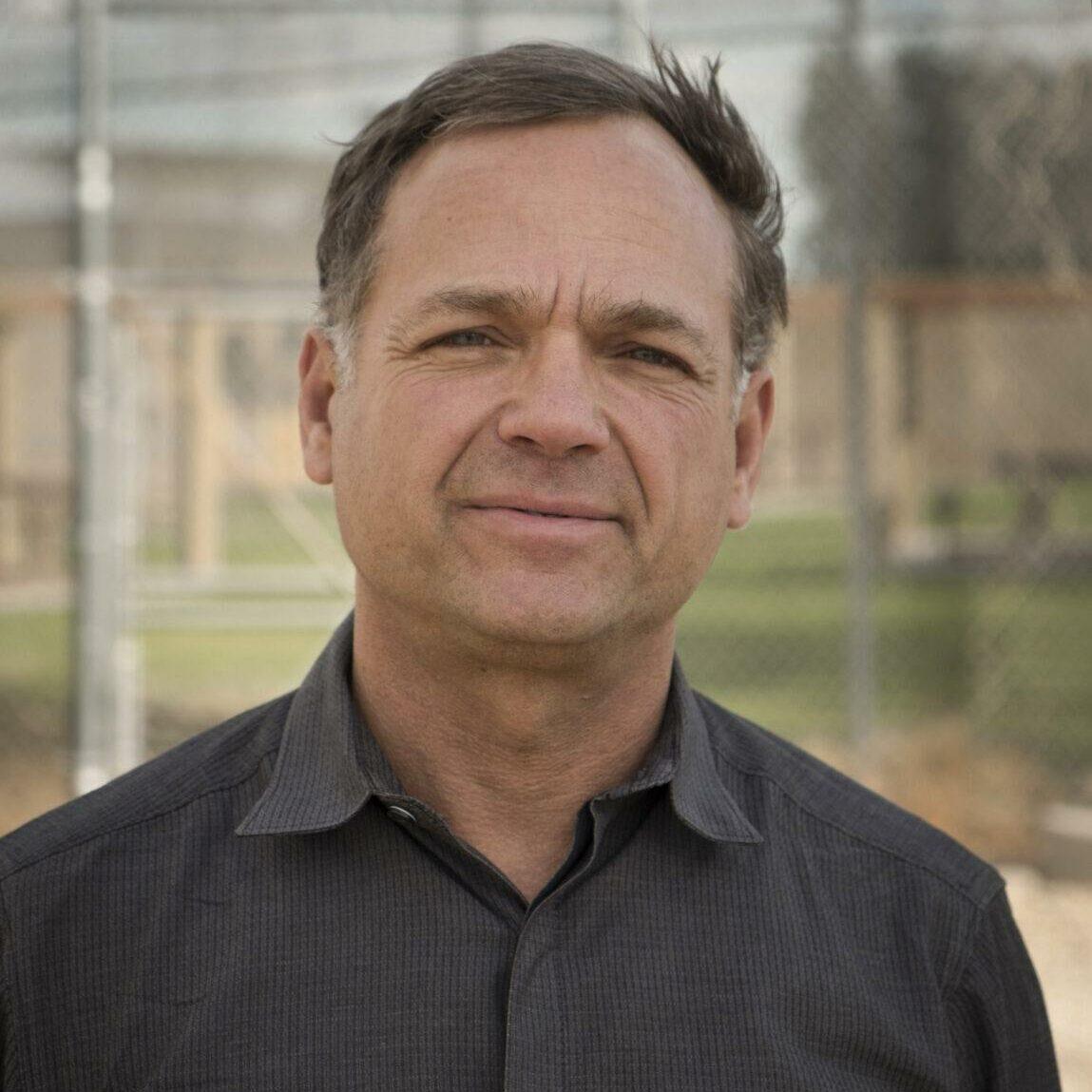
Abby Galvin & Gregory Sale
Position: Co-Instructor of Expanded Arts and Public Practice (Abby) and Professor of Expanded Arts and Public Practice (Gregory)
Institution: Arizona State University
Course: ART 621: Art for Justice and Social Change
Abby (she/her) and Gregory (he/him) began their course by 1) developing a shared vocabulary of social practice terms, categories, and artists, and 2) fostering a supportive class community. They introduced artistic activism by inviting #ArtistsWhoVote Collective members to speak and share their experiences.
After developing SMARTIE objectives and strong tactics, students prototyped throughout the semester. Abby and Gregory spent considerable time analyzing outcomes as a group, which deepened discussions and understanding of each student’s practice.
The two Fellows shared that voting still inspires less enthusiasm than hoped, but noted that, overall, civic engagement feels far more accessible for their students.
Kristin Hughes – Carnegie Mellon University
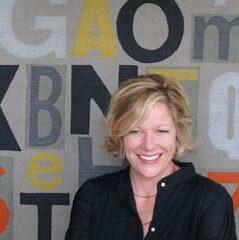
Kristin Hughes
Postion: Professor of Design
Institution: Carnegie Mellon University
Course: Count Us by Connecting US
Kristin (she/her) dedicated her semester to forging connections with community organizations focused on student voting and civic engagement. She engaged with various stakeholders, both on and off campus, to learn about non-partisan voting initiatives and participation strategies — all while involving students in the process.
Organizations Kristin and her students connected with include Voteriders, League of Women Voters, PA Black Voters Matter, Keystone Progress Fund, Social Impact for Jewish Women, Black Political Empowerment Project 1, and Wake Up The Vote 1.
This foundational work was crucial for Kristin to understand the potential of artistic activism with her students.
Resources for Educators
Creative Civic Learning: Faculty-Led Ideas to Strengthen Democracy in 2024
In this special event we presented with Project Pericles, Faculty Fellows shared insights on overcoming student apathy, building power with community partners, and integrating creative civic engagement lessons into unexpected disciplines. Watch the recording to learn how you can incorporate creative civic engagement in your classes, too.
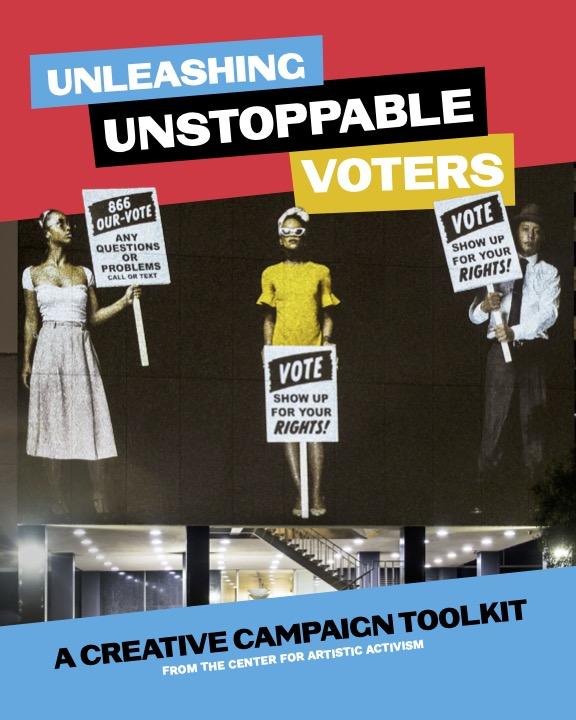
Our Unleashing Unstoppable Voters creative campaign toolkit is packed with exercises, tools, case studies, and more to guide you through your campaign process. Faculty across the nation are already using it to drive impactful change.

Check out civic engagement resources Project Pericles offers for faculty across all disciplines and apply for their Civic and Voter Engagement Fellowship.
Stay up to date on our programming, resources, events, and more!
Header photo: Faculty Fellow Brittney S. Harris’ Theatre Performance students


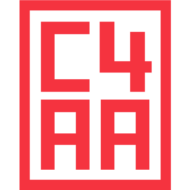
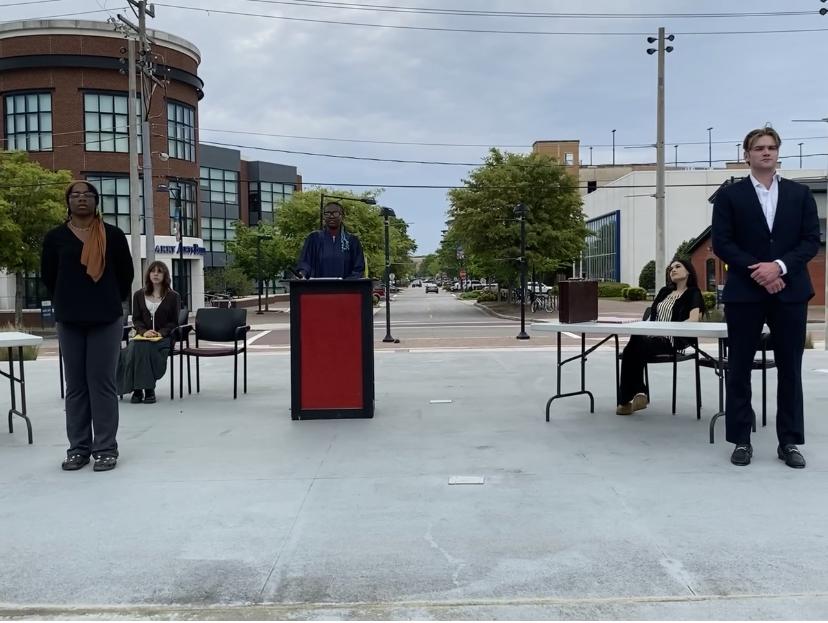
You must be logged in to post a comment.